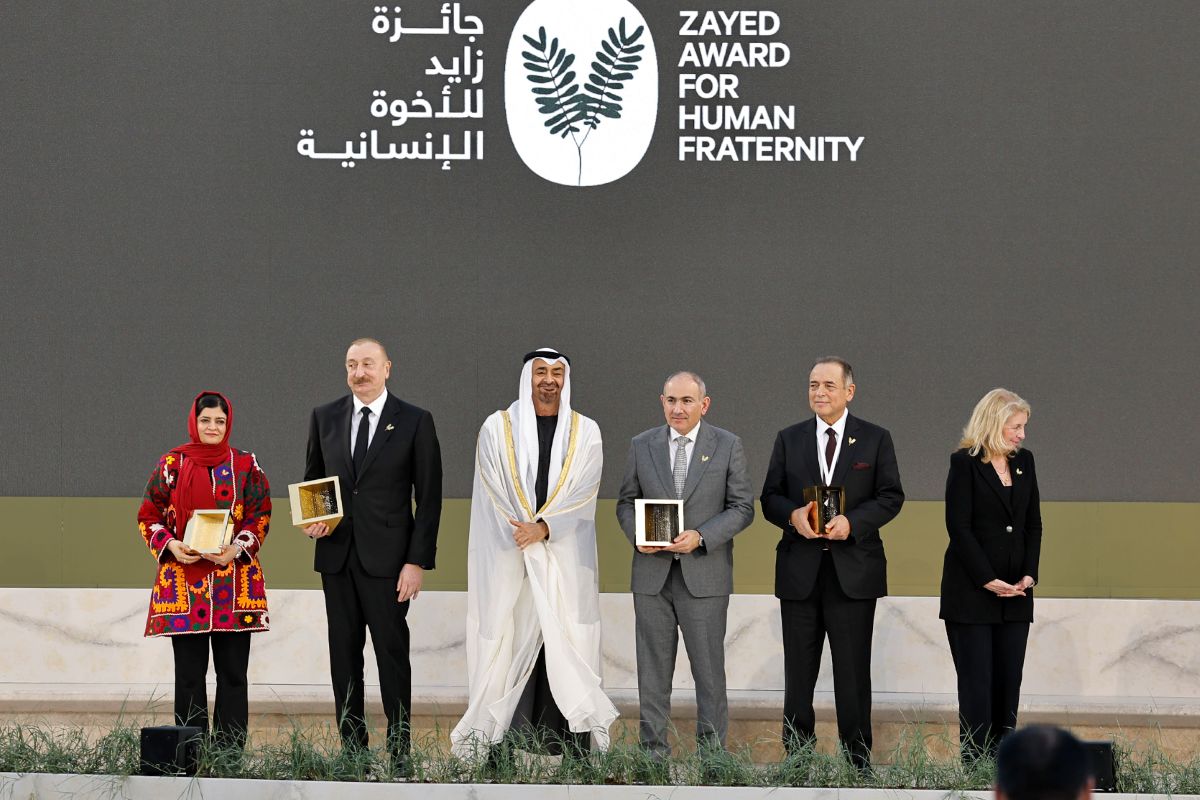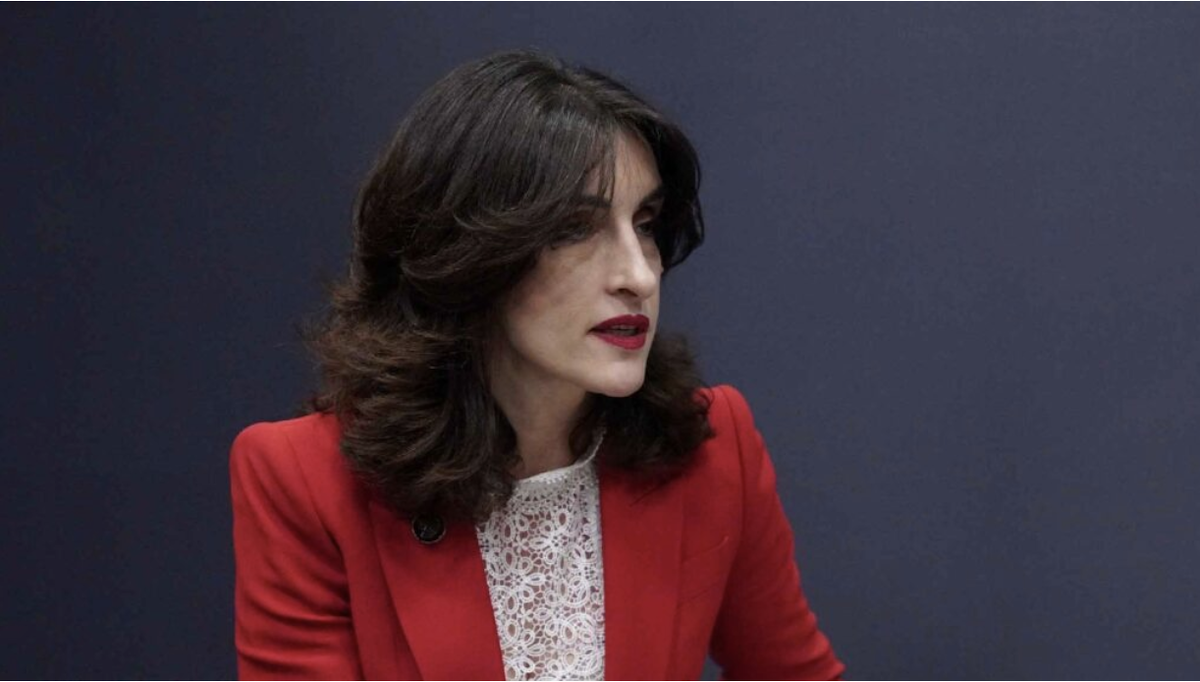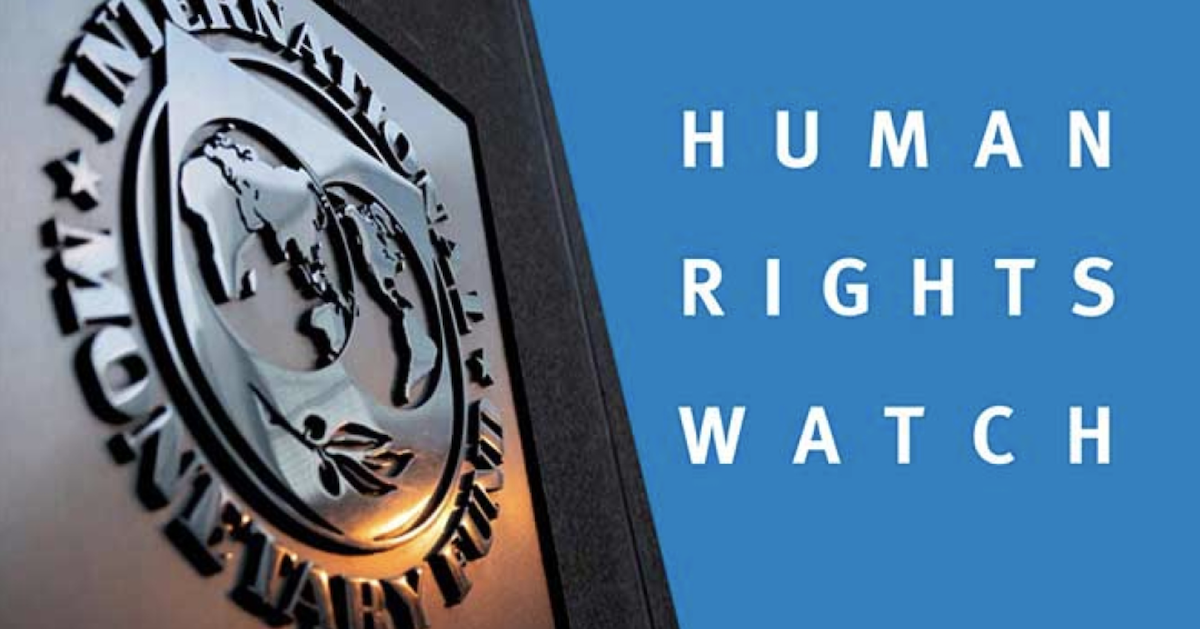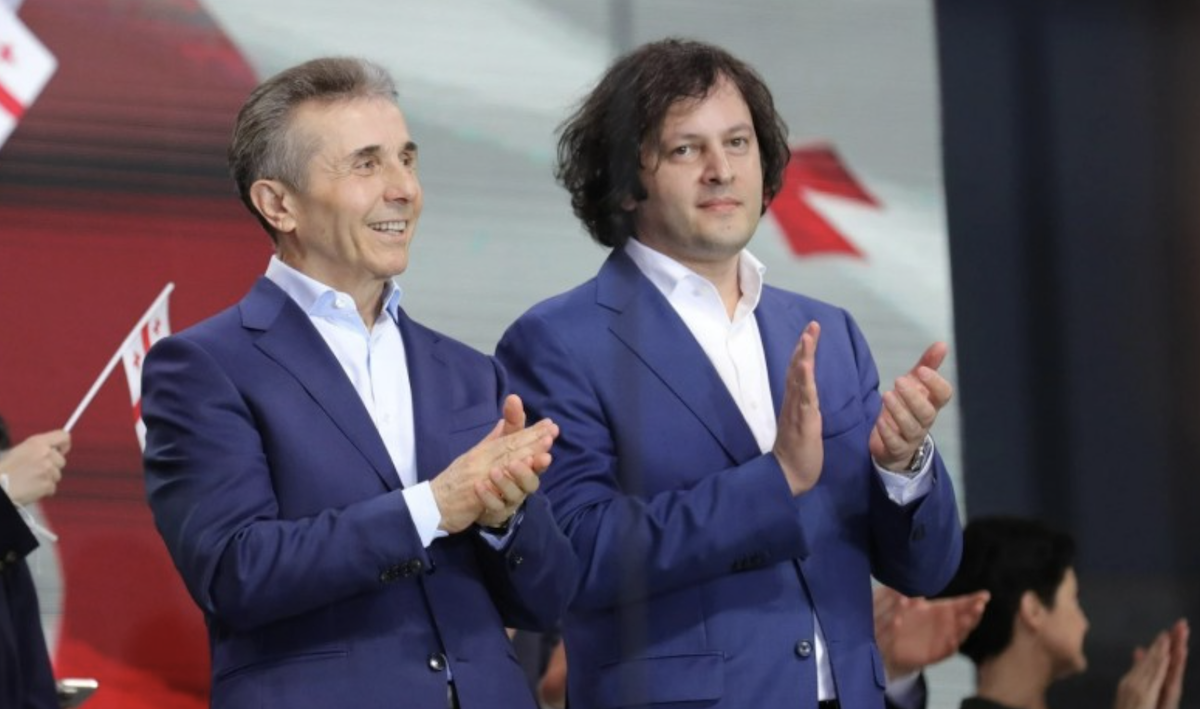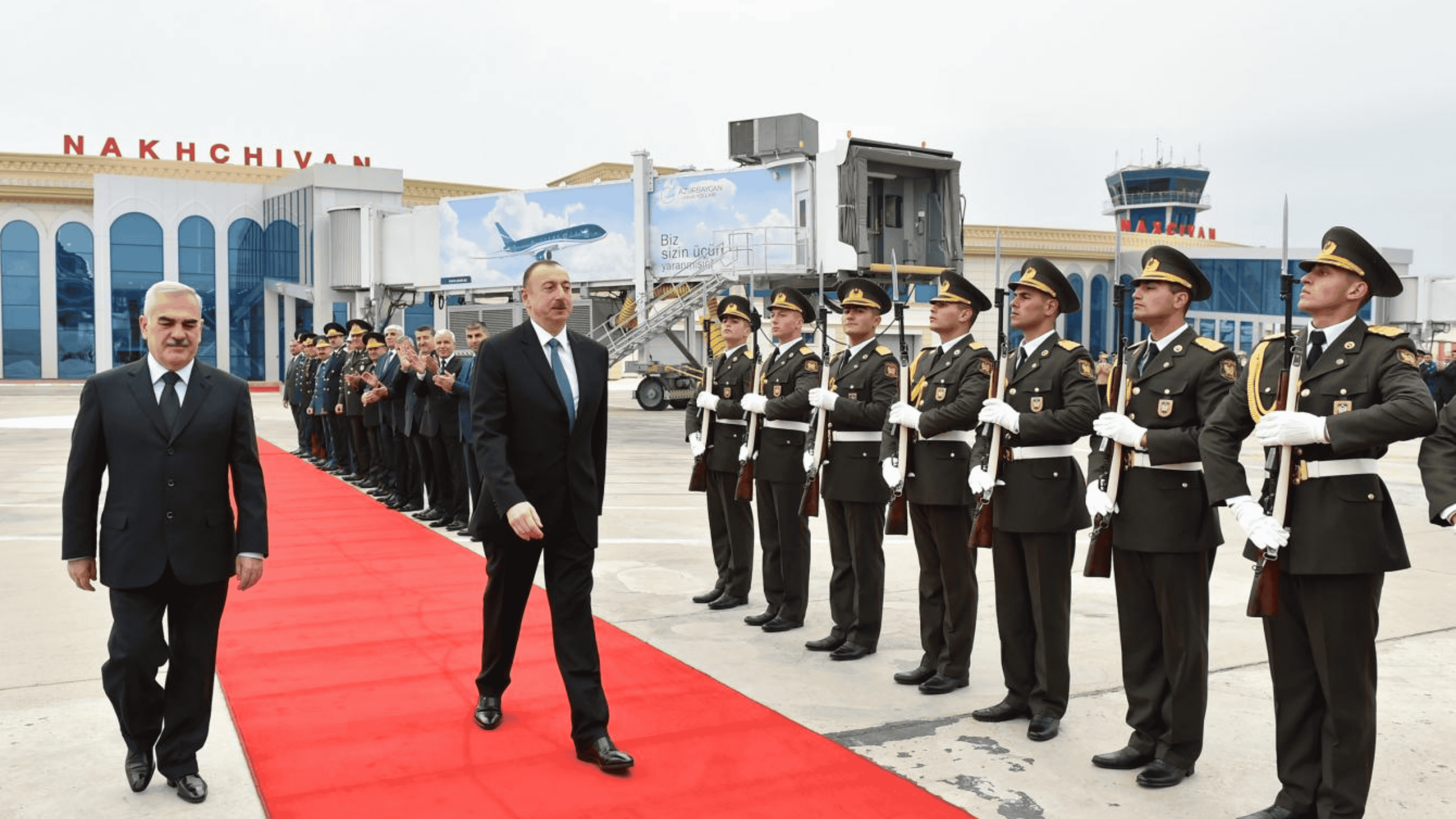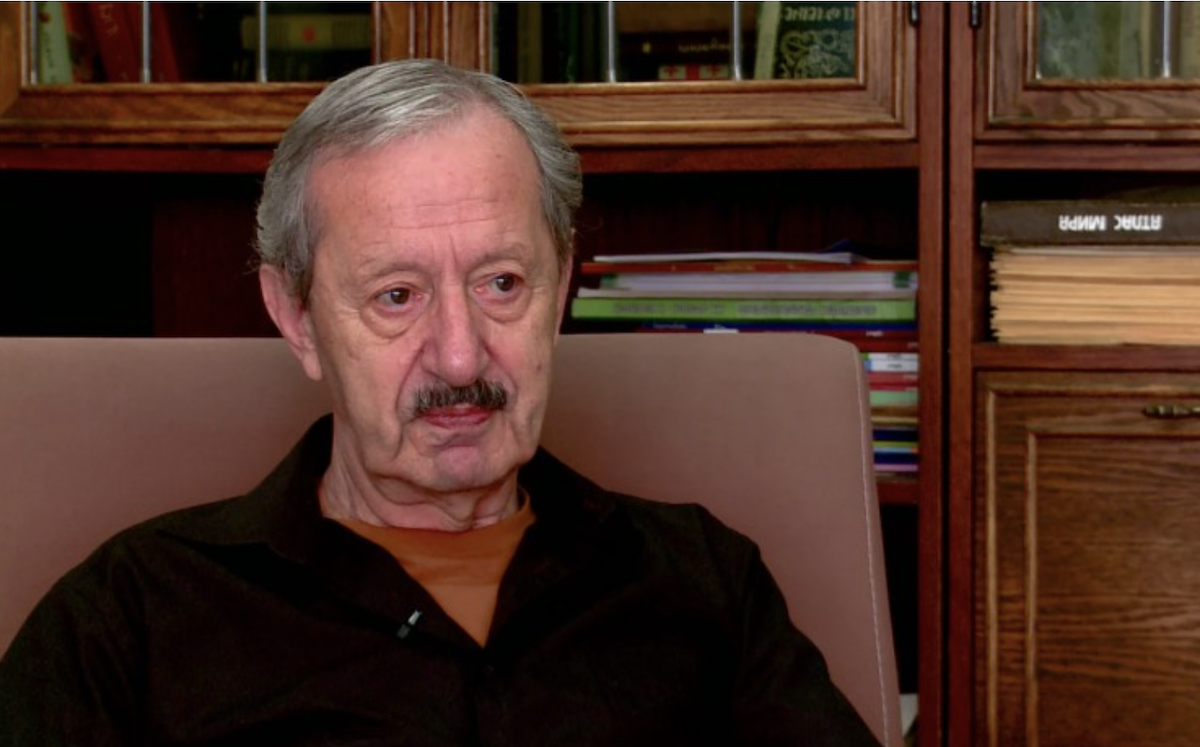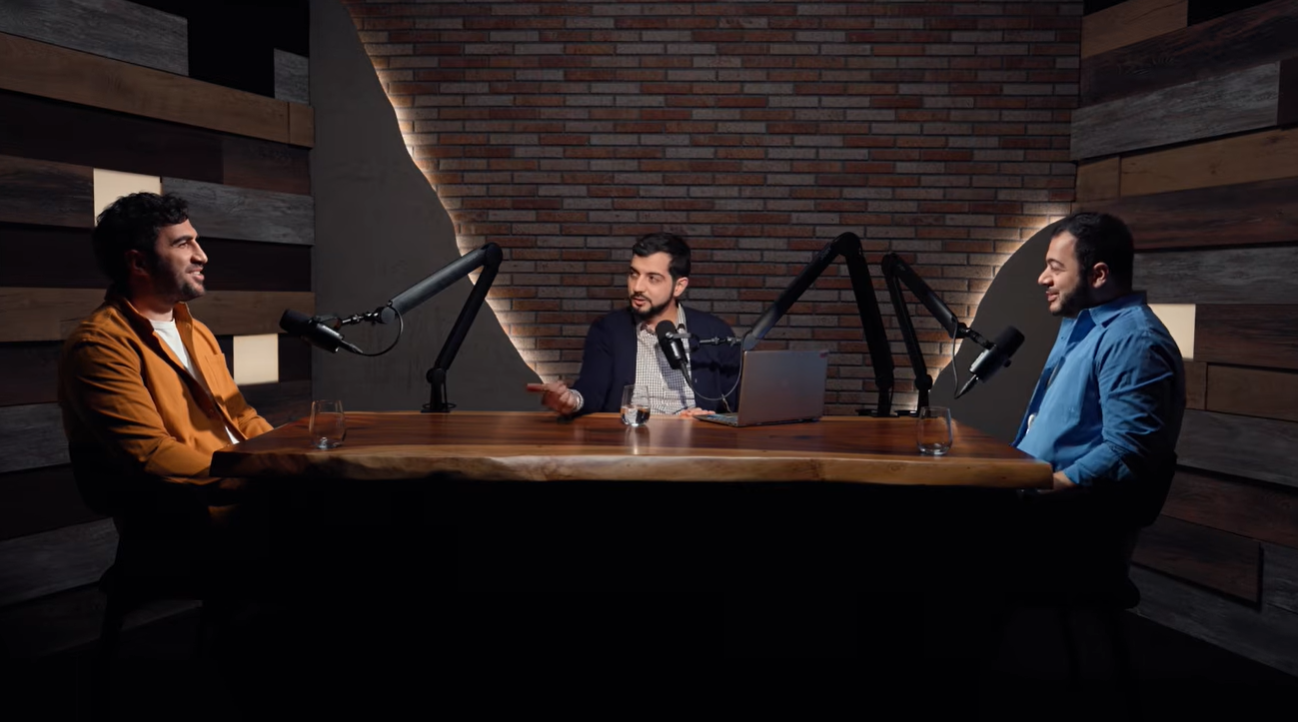No non-use of force agreement at Geneva - Tbilisi's perspective
A non-use of force agreement was expected to be discussed at the previous round of negotiations in Geneva on 27/28 March between Moscow, Tskhinvali, Sukhumi and with apprehension and even indignation by the Georgian opposition. This however, did not happen.
The sides were unable to produce a joint statement. The Russian side says work on such a statement has been in the pipeline for a while now.
The Deputy Minister of Foreign Affairs of Georgia David Dondua said after the negotiations that the reason for the lack of an agreement were the actions of the Russian side and also the representatives of Abkhazia and South Ossetia: from the very beginning, he says, they made statements that made further negotiations on the issue utterly impossible.
“They placed fundamental principles, which the Geneva negotiations rely on, under question – the ceasefire agreement which was signed by the presidents of Russia and Georgia on 12 August 2008,” Dondua said.
The Deputy Minister of Foreign Affairs of Russia Grigory Karasin also asserted that ‘various views’ came up over the supposedly already agreed-upon text.
“Everything is dependent on the issue of the status of the 2008 agreements, which are interpreted differently by Tbilisi, Tskhinvali, Sukhumi and Moscow,” explained Karasin.
He claimed that, because of Georgia’s position on the non-use of force agreement, the Geneva discussions ‘went several years back’.
The non-use of force agreement and the positions of the parties involved
The discussions in Geneva commenced after the Russian-Georgian August war of 2008. It is the only format in which Georgia and Russia touch upon political issues, given that the countries no longer have formal diplomatic relations. The talks are monitored by international observers, including the EU, the OSCE and the USA.
The non-use of force agreement has been one of the main issues at the negotiations. However, the positions of the sides involved differ strongly:
Moscow demands that Georgia sign an agreement with Abkhazia and South Ossetia. Tbilisi says that the matter is not between Georgia, Abkhazia and South Ossetia, but between Georgia and Russia. Consequently, such an agreement can only be made between Russia and Georgia.
Moreover, Tbilisi constantly reminds Russia that the Georgian authorities have on multiple occasions taken it upon themselves not to use force in the conflict zones: Georgia signed the six-point Sarkozy-Medvedev agreement in August 2012, and Saakashvili publicly announced Georgia’s policy of non-use of force in 2010 while speaking in front of the European Parliament. An article on the non-use of force is also included in a resolution that was accepted by the Georgian parliament in 2013.
Tbilisi is waiting for Moscow to take on similar obligations in regards to Georgia.
As a compromise, the sides discussed the possibility of making a joint-statement that would not have any legal force.
Several days before the talks, Grigory Karasin told the Russian Kommersant publication that the text had practically been agreed upon and that a joint statement could be made at the upcoming round of talks.
The Georgian opposition reacted sharply to Karasin’s statement, asserting that it was categorically impermissible to accept a non-use of force agreement at Geneva. The opposition believes that such a document will serve to legitimize the separatist regimes in Abkhazia and South Ossetia and contradicts the interests of the country.
Foreign Minister Mikheil Janelidze said before the meetings in Moscow that the signing of such an agreement was not planned for the upcoming talks, and that’s how it turned out – the sides were unable to agree upon a joint statement.
The Tatunashvili case
The issue of the death of Georgian citizen Archil Tatunashvili was one of the main issues discussed at the meeting, said David Dondua.
Archil Tatunashvili was detained on 22 February by security forces in South Ossetia and was announced dead the next day. The circumstances surrounding his death are still unclear. According to South Ossetia, he died from heart failure, while the Georgian authorities believe there is ample evidence showing he died from torture. Georgia’s autopsy results have yet to be released.
A Georgian diplomat said the Georgian side was unable to receive sufficient explanations and had to listen to the ‘usual demagoguery’ from the Ossetian side.
Georgia places the responsibility for the tragedy on the Russian side as its the force that exercises effective control over the territory.
In turn, Grigory Karasin noted that ‘it is not worth jumping to conclusions’ concerning the death of Tatunashvili and that the final conclusions should be made only after a definitive investigation.
What Russia demands from Georgia
Grigory Karasin had a number of complaints concerning the Georgian side.
Karasin hailed Georgian PM Giorgi Kvirikashvili for his letter addressed to the Russian authorities which he published on 9 March saying the letter was ‘constructive’. He said Moscow was deeply satisfied with the readiness of the PM of Georgia to engage in direct dialogue with Abkhazia and South Ossetia.
However, he expressed discontent with the passing of a bill by the Georgian parliament on 22 March, according to which the responsibility for the death of Tatunashvili is placed on Russia.
The bill also obliges the Georgian government to compile a list of individuals involved in the murder, torture and kidnapping of Georgian citizens on occupied territories, a so-called ‘Otkhozoria-Tatunashvili list’, which will act similarly to the ‘Magnitsky act’.
Georgia hopes to have international sanctions placed on those included on the list. Karasin says that the parliament’s resolution has ‘leveled’ the positive effect of Kvirikashvili’s statement.
“The time has come for Tbilisi to choose – to be severe or to be flexible and logical,” the Russian diplomat said.
In its own statement published after the talks, the Russian Ministry of Foreign Affairs called on Georgia to begin direct dialogues with Abkhazia and South Ossetia and to nullify the law ‘On the Occupied Territories’, which provides a legal framework for dealing with those who illegally enter the territories of Abkhazia and South Ossetia from Russia without informing Tbilisi.
The next round of Geneva discussions will take place in June. Karasin has not excluded the possibility that at the next meeting, the issue of ‘reforming’ the Geneva discussions will be discussed. However, Georgian diplomats say that no such reforms are listed in their plans.
Tbilisi asserts that PM Kvirikashvili is ready to personally get involved in the Geneva discussions; however, the Russian side has so far not agreed to such a format.










